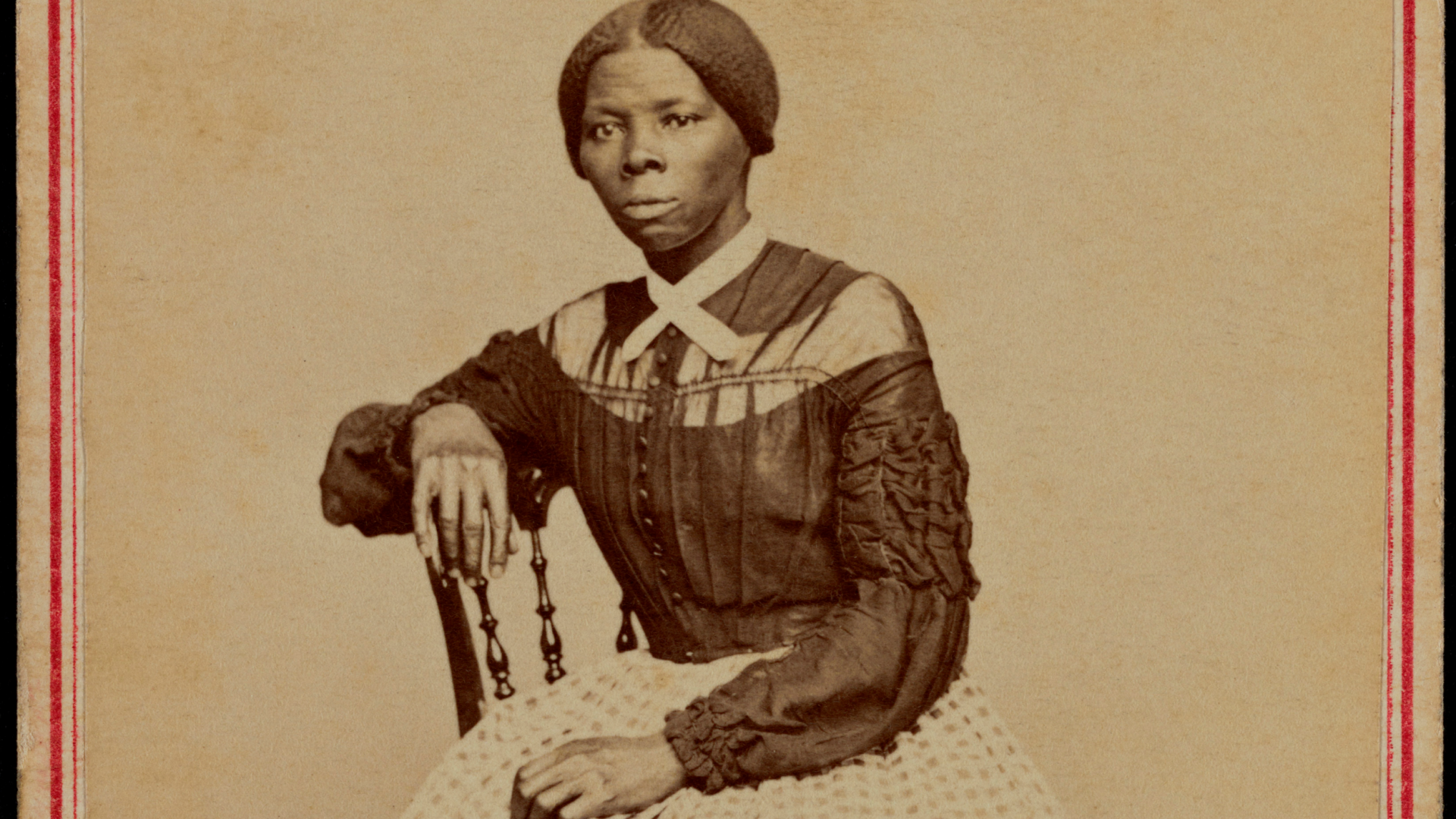
Archaeologists have made a major discovery about the life of Harriet Tubman and her family, uncovering the former homesite of Tubman’s father, Ben Ross.
Remains of the home were unearthed in Dorchester County, Maryland, the rural Eastern Shore community where the famed abolitionist was born Araminta Ross in 1822.
“This discovery adds another puzzle piece to the story of Harriet Tubman, the state of Maryland, and our nation,” said Maryland Lieutenant Governor Boyd K. Rutherford during an April ceremony at the Harriet Tubman Underground Railroad Visitor Center. “It is important that we continue to uncover parts of our history that we can learn from, especially when they can be lost to time, and other forces.”
The homesite was found on 2,600 acres that are part of the Blackwater National Wildlife Refuge. The property was acquired in 2020 by the U.S. Fish and Wildlife Service as part of environmental conservation efforts.
Teams led by Maryland’s Department of Transportation and State Highway Administration conducted research that led to the historic find. The property contains 10 acres bequeathed to Ben Ross by Anthony Thompson, a slave owner, in the 1800s. As outlined in Thompson’s will, Ben Ross was to be freed five years after Thompson’s death in 1836. Ben Ross was emancipated from slavery and received the land in the early 1840s.
Chief Archaeologist, Dr. Julie Schablitsky, began searching for evidence linked to Ben Ross in November 2020, officials said. When the team returned this March (2021) to continue their quest, they found numerous artifacts dating to the 1800s, including nails, brick, glass, dish fragments, a rare coin, a button and even remnants of a pipe. Officials reportedly plan to test it for DNA evidence tied to the Tubman family.
“The importance of discovering Ben Ross’ cabin here is the connection to Harriet Tubman. She would’ve spent time here as a child, but also she would’ve come back and been living here with her father in her teenage years, working alongside him,” said Dr. Schablitsky. “This was the opportunity she had to learn about how to navigate and survive in the wetlands and the woods. We believe this experience was able to benefit her when she began to move people to freedom.”
Harriet Tubman was born in March 1822, on the Thompson Farm near Cambridge in Dorchester County, Maryland. She and her mother, Harriet Greene Ross, were enslaved by the Brodess family and moved away from the farm when she was a toddler. Ben Ross felled and sold timber, which was transported by free Black mariners to Baltimore shipyards and used to build ships.
Tubman learned to navigate difficult terrain while working with her father. Interacting with mariners also provided knowledge of waterways on the East Coast. Such skills likely proved valuable in her mission as a `conductor’ on the Underground Railroad leading Black people to freedom.
“Discovering the location of patriarch Ben Ross Sr.’s home and artifacts he used has humanized a man responsible for giving us a woman of epic proportions, Harriet Ross Tubman,” said Tina Wyatt, Harriet Tubman’s great-great-great-grandniece and Ben Ross’ great-great-great-great-granddaughter, according to a press release issued by Maryland’s Department of Transportation. “This brings enlightenment, revealing how he lived his daily life making it a real-life connection to and for me…The world benefits also from the study of these artifacts concerning objects used by the enslaved; are they common to this plantation, to his position, or to this region? It gives us so much more to explore, explain and exhibit.”
During the Civil War, Tubman was a spy, scout, nurse, and cook for the Union Army. She was the first woman to lead an armed military operation, the Combahee River Raid in South Carolina in 1863, which led to hundreds of enslaved people being freed from neighboring plantations. In February 2021, Tubman was inducted into the U.S. Army Military Intelligence Corps Hall of Fame.
Tubman’s latter years were spent in Auburn, New York. She was a suffragist, established a home for the aged and indigent, and was active in her church. Tubman married for a second time and adopted a daughter. She died on March 10, 1913 at age 91.
The National Park Service oversees Tubman state and national parks in both Maryland and New York.
The archaeological discovery of Ben Ross’ home site will be highlighted on the historic Thompson Farm where he and his family were enslaved. This new point of interest will be officially added to the Harriet Tubman Underground Railroad Byway, a 125-mile, self-guided scenic drive that includes more than 30 sites related to Harriet Tubman’s life and legacy. It has been designated an All-American Road by the U.S. Department of Transportation Federal Highway Administration.







“The landscape. …looks much the same today as it did then. This view offers a powerful experience that really allows you to appreciate how well Tubman knew the terrain and how she used it to help others to freedom,” said Maryland Department of Natural Resources Secretary Jeannie Haddaway-Riccio. “Preserving and protecting these newly discovered artifacts provides an additional way to experience her heroic story and connection to the land.”
In addition to the newly found artifacts, there’s ongoing historical research about Tubman being conducted through a partnership between Maryland’s Office of Tourism, the Maryland State Archives Legacy of Slavery program and other public and private organizations. It aims to ensure the authentic interpretation of the Underground Railroad all across Maryland.
“The Harriet Tubman Underground Railroad Byway connects travelers from around the world to a heroic figure in American and Maryland history, and to the beauty of our Eastern Shore and the Chesapeake Bay,” said Maryland Department of Transportation Secretary Greg Slater. “This discovery solidifies another link between transportation and our nation’s history, and it’s our duty and honor to preserve this history so it may be shared with generations to come.”






